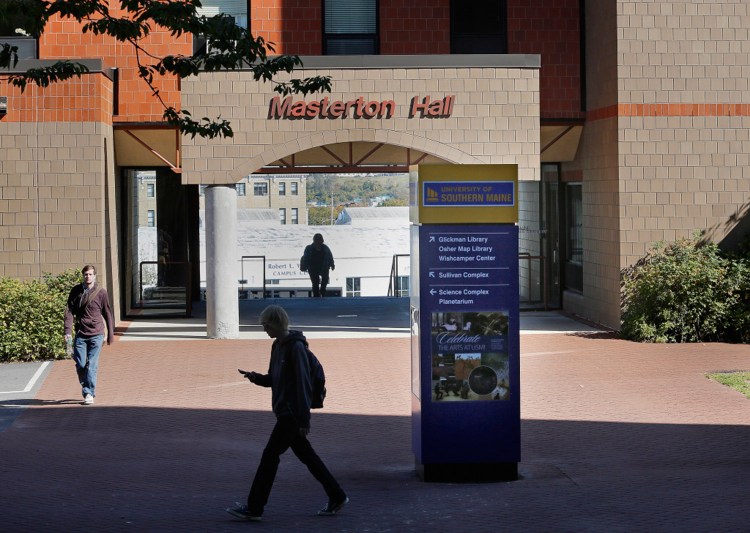Can corporate America do good while achieving financial success? And if so, who will lead that change?
Many think that businesses today operate strictly for profit, regardless of the impact on their communities and the environment. With the world facing potentially catastrophic environmental and social problems, some businesses believe that finding solutions to these problems presents real opportunity. Companies such as Patagonia, Tesla and even Coca-Cola are finding that reducing water and energy use, cleaning up their supply chains and reassuring employees that they care about making a difference can actually benefit their bottom line.
But is being “less bad” enough? I recently attended the inaugural Timothy B. Hussey Leadership Institute at the University of Southern Maine, a forum created to bring together and inspire emerging business professionals from across southern Maine to become servant leaders – those who prioritize empowerment over power – in their communities. The institute was created to honor the legacy of Maine businessman Tim Hussey, who tragically died too soon from cancer in 2016. Tim was a great leader, dedicated to his employees at Hussey Seating Co. and to his community. He was also dedicated to public education, which is why his family chose USM as the institute’s home.
The vision of the institute is to connect young business leaders who are committed to serving their communities and equip them with skills, unique leadership approaches and big-picture thinking. By examining the business and community challenges we face, both on a large scale and in our day-to-day lives, we can find opportunities to help move the needle.
I moved back to Maine in 2015 after spending my post-college years in Washington, D.C., and San Francisco. Portland (and Maine) weren’t on my radar – I thought I needed to work in D.C. to make a difference. But after attending Maine Startup & Create Week, my eyes were opened to the numerous companies, organizations and individuals who were doing new and exciting things here, at home, in Maine.
So I decided to plant roots and devote my time to helping make Maine a better place to work and live. Then, after deeply troubling revelations about the conduct toward women of a key player in Maine Startup & Create Week, I accepted the responsibility of leading the organization – now known as Startup Maine – and helping it become a place that welcomes everyone in our state’s small-business startup community.
At the stimulating and relevant Hussey Leadership Institute, I learned what managing in turbulent times means, what servant leadership in the workplace can look like, how intuition strengthens leadership and what local businesses are doing to strengthen their organizations while also giving back to the community. In the workshop on how to lead for creativity and innovation, I even embraced the power of meditation and how to channel collaborative creativity in the workplace.
One of the most inspiring moments of the day was Harvard Business School professor Rebecca Henderson’s keynote address, “Re-Imagining Capitalism.” Her modest proposal was that business can be both financially successful and good – and, in doing so, can help save the world. This is an important point but hard to reconcile given the perception by some that business is actually the cause of our society’s greatest challenges.
Young people, she said, can effect change in the following ways: Become an activist for a social organization and push for political change; start a small firm and model good practices, or, be the infiltration – work for a big company and push for change from within.
“People want to feel their work has a purpose and goals – that their business is legal, moral and appropriate,” Henderson said. “We need a free market that is balanced. … Maximizing shareholder value should involve taking responsibility for the natural and social systems on which we rely.”
She said that not only are the companies themselves starting to change, but also that big investors are starting to exert pressure on their portfolios of businesses to support social and environmental change.
Toward the end of our day, the Hussey Leadership Institute called on emerging Maine leaders to lead a radical reorientation. And so, here is our challenge: Can we focus our energy on a form of capitalism that actually helps solve some of these challenges, from climate change to social inequity?
We are in the midst of a national movement and leadership shift. Young, emerging leaders across the country are stepping up to lead crucial conversations about who we are and who we want to be – and what we will tolerate and what we won’t.
Can a new generation of business leaders help save our world? I think Tim Hussey would have said “yes.”
Send questions/comments to the editors.


